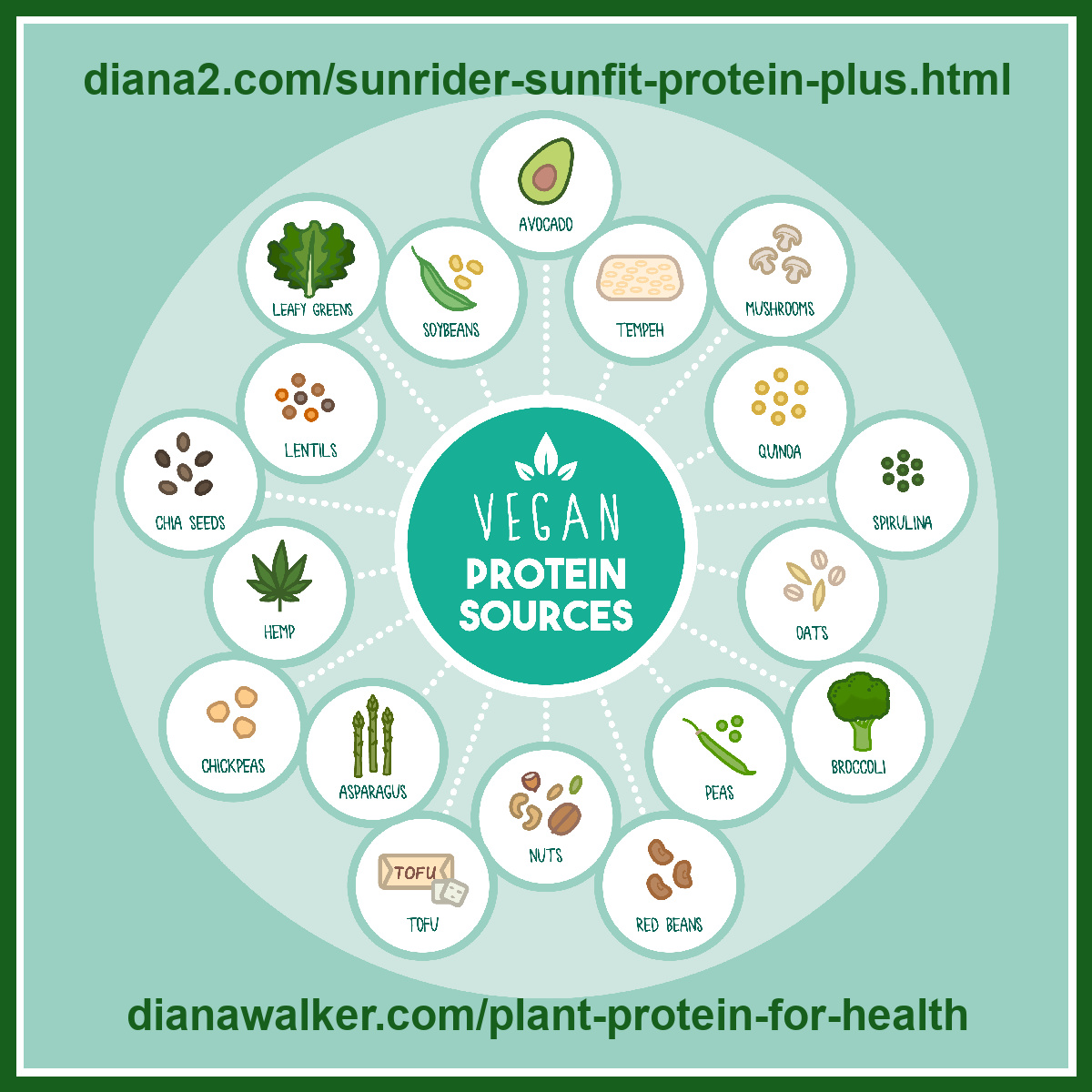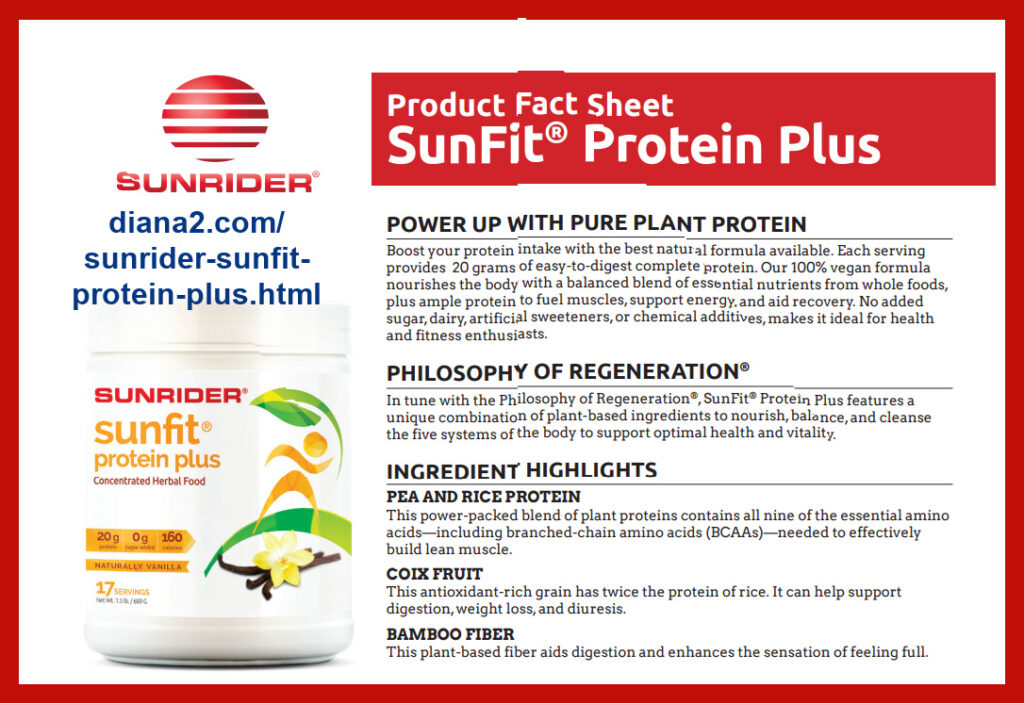Plant Protein for Health
When you need to cut calories, or if you are on a diet to lose weight, we all know how essential it is to eat healthy foods. Adding plant proteins to the diet might be just the thing to help with weight loss. By replacing your high-fat meat intake with lean plant proteins, you are cutting your calories significantly, as well as saturated fat.
At the same time, you are helping to improve the nutritional content of your dieting plan. Beans are very effective here because they are so nutrient dense and contain what people consider the top weight loss formula: Fiber, Protein, and Water.
Plant Protein for Health – Feel Fuller Faster
Diets that consist of fiber, protein, and water are the types that make you feel fuller faster. Proteins require plenty of energy to be able to be digested and metabolized, more so than fat or carbohydrates.
Plant Protein for Health – Stay Satisfied Longer
Digestion is slow for plant proteins which means you stay satisfied longer which means eating fewer calories in the day.

Plant Protein for Health – 8 Best Plant-Based Sources of Protein
Protein makes up the the building blocks of the body and is necessary for good health.
Most people get their daily protein from animal sources in the form of meat, dairy or eggs.
However, there are many great sources of protein that are plant-based.
Sunrider’s Protein Plus is a simple and delicious way to easily fill your Plant Protein needs!
Diana Walker, Sunrider Leader, will be happy to help you get started.
More details here: https://www.diana2.com/free_sunrider_account.html
Lentils and Beans
One of the starchy proteins, these two are good sources of not only protein, but also carbohydrates and fiber.
They are great when added as a topping on a salad, as taco filling or to make vegetarian meatballs or burgers.
Cooked lentils contains about 18 grams of protein in 1 cup;
Beans contain about 15 grams of protein per 1 cup.
Hemp Seeds
Known as a complete protein, because it contains all nine essential amino acids, it is also a great source for Omega-3 fatty acid.
Boost the protein by adding them to soups, stews, salads, baked goods, or to smoothies.
Hemp seeds contain about 10 grams of protein per 3 tablespoons.
Chia Seeds
Chia seeds are one of the ancient grains different from most other types of plant protein in that they turn into a type of gel when added to water.
Add them to oatmeal, cold cereals, or in muffins to bump up the protein content and add soluble fiber to your diet.
Chia Seeds contain about 4 grams of protein per 2 tablespoons.
Quinoa
This is another starchy protein that is great when served like a bed of rice or as part of a stir-fry.
It can also be served as a hot cereal or as a topping on a salad.
Quinoa has about 7 to 9 grams of protein per 1/2 cup.
Spirulina
This one is entirely different than other plant-based protein in that it is blue-green in color comes from algae.
Note, it will impart a greenish tint to whatever it is mixed with.
Spirulina blends great as part of a smoothie or in desserts and snacks.
It does have a great sweet taste with hints of vanilla and chocolate.
Spirulina has about 8 grams of protein per 2 tablespoons.
Learn more about Sunrider Spirulina here: https://diana1.com/spirulina/
Nutritional Yeast
This is not a yeast at all, but a staple food item among plant-based food enthusiasts.
It comes in either powder or flaked form and can be mixed in sauces, dips and dressings to kick up the flavor with its cheesy taste.
Nutritional yeast has about 12 grams of protein per 3 tablespoons.
Seeds and Nuts
Beside the seeds already mentioned, sunflower, flax and pumpkin are also all good sources of protein and minerals as well as almonds, walnuts, cashews and pistachios on the nut side.
Most have a taste varying from sweet to earthy. They work well ground into a flour and used in baked goods or left whole as a topping on oatmeal, cereals, sprinkled on a salad or as a snack.
Seeds and Nuts have about 7 to 9 grams of protein per 1/4 cup
Soy – Be sure it is Non-GMO!!!
No list of plant protein would be complete without soy.
Tempeh, tofu and edamame are all types of soy that have around 20 grams of protein per 2.5 tablespoon serving.
Use of Soy is similar to beans and lentils and can be added to stir-fry or as the “meat” for spaghetti sauce and filling for tacos.
With these sources of plant-based protein, vegans and some vegetarians do not have to worry about getting enough protein in their diet.
Just be sure to cycle through all of the sources to ensure getting enough of the essential amino acids found in protein.
Wishing you Vibrant Health!
Diana Walker, Sunrider Nutrition Leader
CEO, Diana Walker’s Healthy Lifestyles
PLANT PROTEIN FOR HEALTH:
**********************************
Sunrider’s Protein Plus is a simple and delicious way to easily fill your Plant Protein needs! Vanilla is Diana Walker’s favourite!
USA: https://us.sunrider.com/dianawalker/shop/products/0133134
Canada: https://ca.sunrider.com/dianawalker/shop/products/0133111
SunFit® Protein Plus
PLANT PROTEIN FOR HEALTH –
https://www.diana2.com/sunrider-sunfit-protein-plus.html
**********************************
